Summer capm in English school.
Планы уроков на английском языке. Английский в летнем лагере. Интересные игры на уроке английского языка. Конспекты уроков для летнего языкового лагеря.
Summer Engish camp - plans of lessons
Скачать документ можно
Рабочая тетрадь для учеников Student's book
Заметки для учителя (ответы) (Teacher's notes)
жмем тут
Словарик для рабочей тетради по темам беру из этой чудесной книги (вся лексика в форме ментальных карт с переводом по всем темам)
жми (Vocabulary English mind maps)
видео отрывки из мультфильмов Диснея для характеристики героев
видео (Disney cartoons - describe Disney heroes)











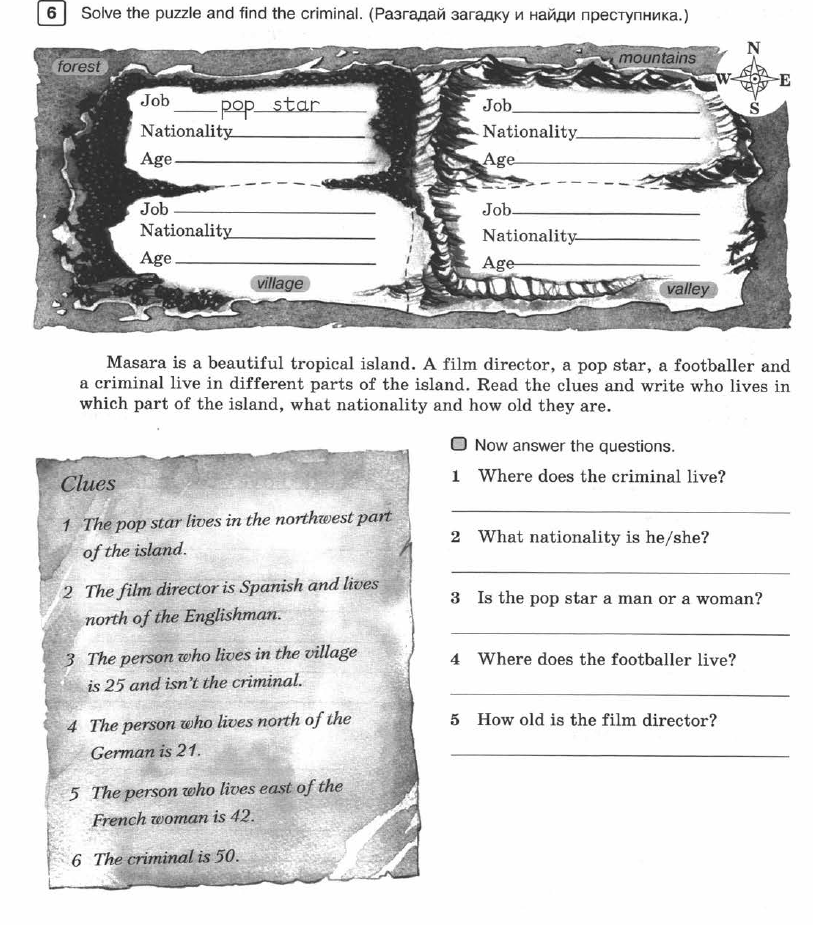













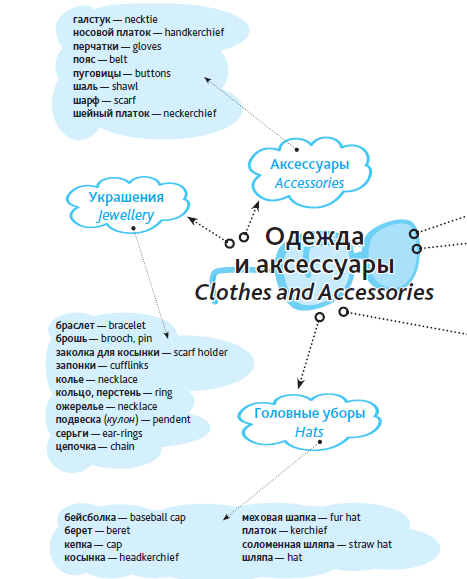


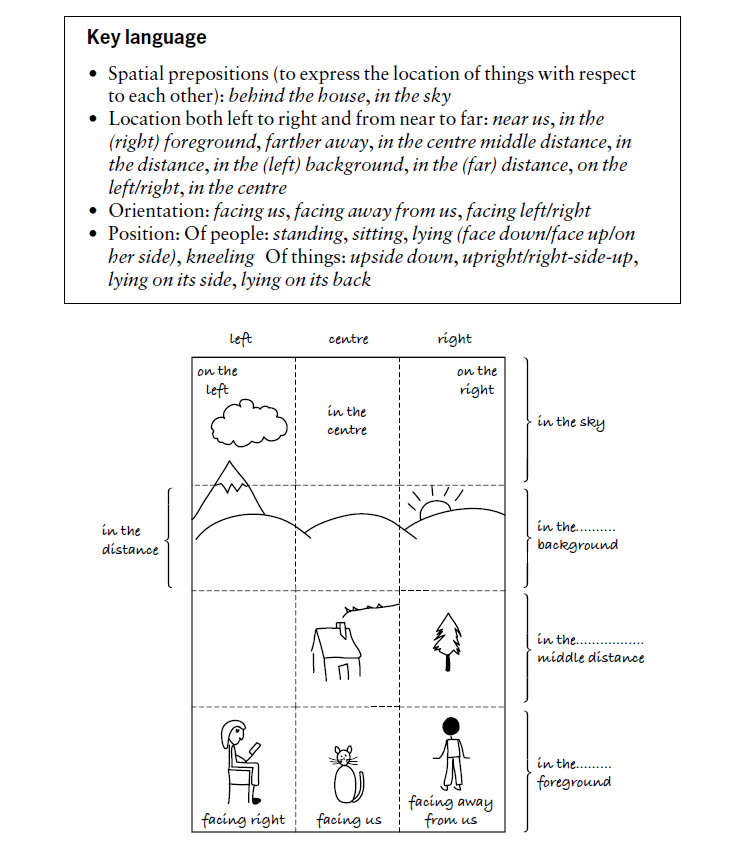

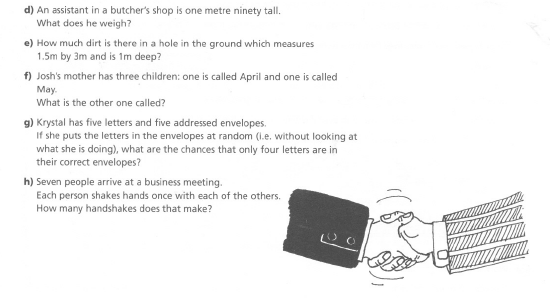









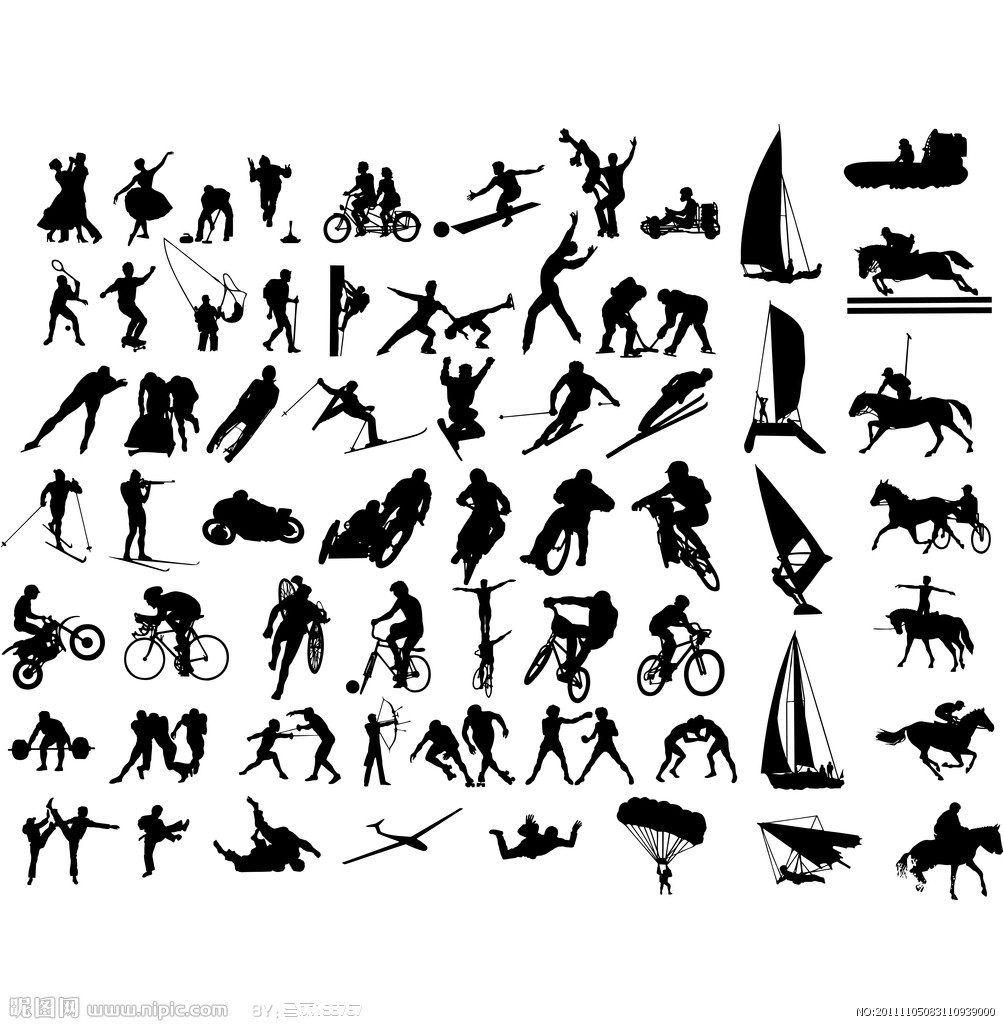








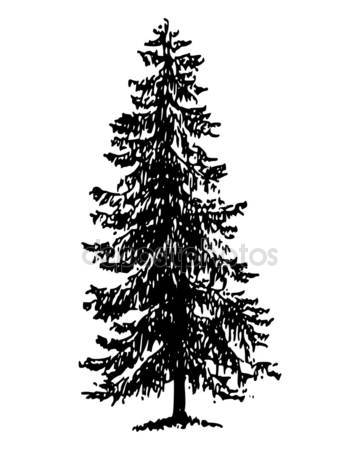
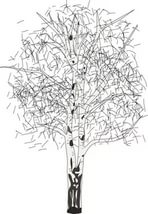
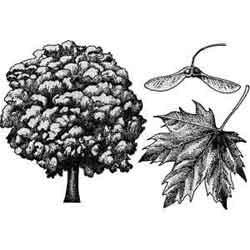
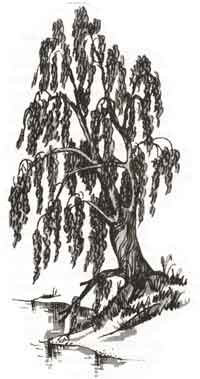
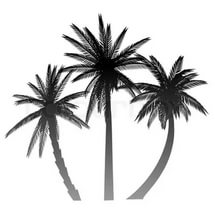

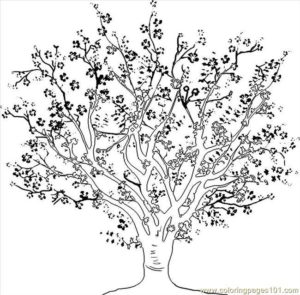
 василек
василек  гладиолус
гладиолус лаванда
лаванда
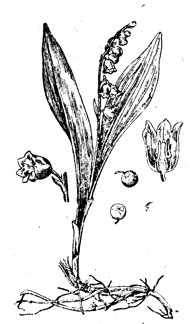 ландыш
ландыш незабудка
незабудка
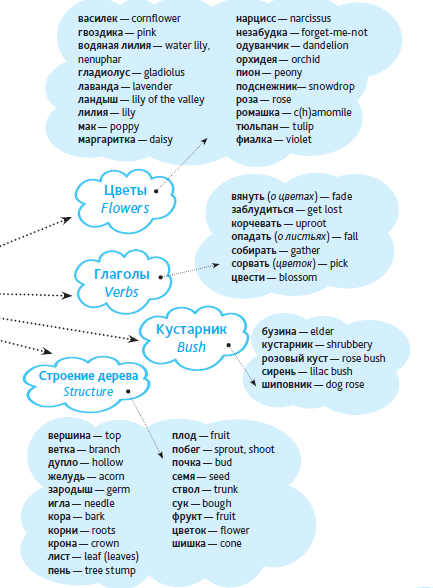




Планы уроков на английском языке. Английский в летнем лагере. Интересные игры на уроке английского языка. Конспекты уроков для летнего языкового лагеря.
Summer Engish camp - plans of lessons
Скачать документ можно
Рабочая тетрадь для учеников Student's book
Заметки для учителя (ответы) (Teacher's notes)
жмем тут
Словарик для рабочей тетради по темам беру из этой чудесной книги (вся лексика в форме ментальных карт с переводом по всем темам)
жми (Vocabulary English mind maps)
видео отрывки из мультфильмов Диснея для характеристики героев
видео (Disney cartoons - describe Disney heroes)
Day 1. «Meeting Day»
Вас встретит комфортабельный автобус и доставит прямо на базу «Байкальский ветер». В этот день знакомимся, общаемся, делимся на отряды, а прекрасные виды и уютные номера не оставят равнодушными никого!
Day 2. «Baikal Day»
10 Дней мы будем отдыхать на берегу великолепного озера Байкал. Насколько хорошо мы знаем достояние родного края? Истории, флора и фауна, фантастические легенды – все это узнаем вместе!
Day 3. «Business Day»
Бизнесмен – заветная профессия для многих. Стать руководителем, создать свою компанию и получить хорошую прибыль сможет только опытный предприниматель. Вам, юные бизнесмены, придется овладеть ораторским искусством и постараться продать самый неожиданный товар.
Day 4. «Friend’s day»
Иметь хороших и верных друзей – одна из главных ценностей в жизни человека. Друг – это тот, кто всегда поможет и выручит, тот, кто понимает тебя лучше всех. Сегодня, мы научимся лучше понимать друг друга, больше узнаем, друг о друге и, конечно же, сдружимся еще сильнее!
Day 5. «Survival Day»
Вы готовы к настоящим испытаниям? Вам предстоит проявить отважность и смекалку, чтобы справится с нелегкими заданиями. Станем профессиональными туристами!
Day 6. «Disney Day»
Волшебный сказочный мир от The Walt Disney Company. Самые лучшие мультфильмы. Вспоминаем любимых героев и узнаем историю создания «Мира Уолта Диснея».
Day 7. «Neptun’s Day»
Традиционный и любимый всеми праздник воды! Целый день мы проведем на свежем воздухе, будем веселиться и играть на берегу Байкала, а также поговорим о значении воды на нашей планете.
Day 8. «Talent’s Day»
Настал день, чтобы раскрыть свой творческий потенциал и проявить свои таланты в полной мере!
Day 9. «Sport Day»
В здоровом теле – здоровый дух! Вам предстоит изучить любимые виды спорта в англоговорящих странах, а после создать сильную и ловкую команду и дружно посостязаться в спортивных мероприятиях.
Day 10. «Spy Day»
Логическое мышление и навыки маскировки – вот качества, которые присущи настоящим шпионам. Вас ждет увлекательный квест, чтобы применить полученные знания на практике!
Day 11. «Final Day»
Прощаться всегда немного грустно, но для настоящих «Бризовцев» нет границ и расстояний, это значит, что мы вместе встретимся и повеселимся снова!
Планы уроков по дням:
Neptun’s day??? Ecology???
In Russia it is called the Day of the Navy, and celebrated July 29th.This is - one of the most popular celebrations of water with parades, contests, water views and competitions.
It certainly will celebrate in all public institutions: in the resorts and beaches, children's camps, health centers and, of course, in the military.
There is an old maritime tradition. When you cross the equator on the ship, the captain asks permission of the Masters, to sail the southern and northern his possession. Neptune baptize water of sailors.But we are talking about those who have not crossed the border before the equator. It must involve not only the Lord of the seas, but also his devils, water and mermaids.They are usually "hooligans" trying to drag everyone in the water.
We can suggest some competition:
- Game "in the ranks."It is necessary to organize the two teams with the same number of players.First, they are built for the line drawn by that must be absolutely parallel to the water.It gives a signal by which participants flock to the water and start to swim and enjoy.After the second signal, must all quickly run out of the water and take his and not someone else, a place in the ranks.The team that has managed to make the first rank, awarded the victory.
- One of the most popular competition, which is held on the Day of Neptune is the best swimmers swimming (breaststroke, butterfly, freestyle on the chest, on the back crawl, freestyle)
- One of the favorite competitions is the water volleyball and polo.It is usually happy to engage everyone.
Water - ecology
Next step is a game - the lifeboat - шикарная игра скачать здесь - на выживание
Meeting day
Spy day
- Хороший шпион не всегда увидит, но услышит все. Пазлы в конвертах
- распечатать, разделить слова и картинки, разложить по конвертам, составит пазлы, зарисовать несколько в тетрадь
!Read, translate and do the tasks
1.Get gutsy. Have something to listen in with like a hidden microphone or camera.
2. Get smart. Know a little bit about everything. The more you know, the more you can follow information.
3. Get creative. It's in your best interest to start relying on yourself
5. Hide in plain sight. Have different everyday clothes for different places and situations.
6. Delete yourself from the Internet. It is doable. You can live without Facebook and Vkontakte. It's not easy but you can do it. Stay incognito.
7. Never run in a crowd. You shouldn't attract much attention.
8. Don't be nervous.
9. Get a disguise. Wear ugly sweaters, big glasses and brown wig.
10. Learn how to read lips. To practice, watch a DVD on mute with the subtitles on. Once you get good, take off the subtitles and see what you can catch. Use a movie you know well to start off.
12. Learn how to tail someone. Keep objects like a can of cola, newspaper, a book, a laptop and so on. Nobody will look at you.
13. Steal things without getting caught. Try stealing something little of your friends, like a pen, and !!! return it without being noticed.
Practice it.
For teachers
1.Get gutsy. Have something to listen in with like a hidden microphone or camera.
2. Get smart. Know a little bit about everything. The more you know, the more you can follow information. (новая информация)
3. Get creative. It's in your best interest to start relying on yourself (креативное задание - игра - что ты видишь).
Показываем рисунки и ученики должны предположить что это может быть. Кто ближе к истине и самый креативный - побеждает. Используем при ответе клише
}To my mind
По моему мнению
}I feel that…
Мне кажется, что…
}As for me…
Что касается меня… / по-моему… / по мне…
}It appears to me that…
Мне кажется, что…
}I guess
Я предполагаю, полагаю
}I suppose
Я полагаю
Ответы a- a table from above, b - a cup from below, c - a bold man from above
5. Hide in plain sight. Have different everyday clothes for different places and situations.
6. Delete yourself from the Internet. It is doable. You can live without Facebook and Vkontakte. It's not easy but you can do it. Stay incognito.
7. Never run in a crowd. You shouldn't attract much attention.
8. Don't be nervous.
9. Get a disguise. Wear ugly sweaters, big glasses and brown wig. (наденем маски)
10. Learn how to read lips. To practice, watch a DVD on mute with the subtitles on. Once you get good, take off the subtitles and see what you can catch. Use a movie you know well to start off. (игра - прочитай по губам - один ученик в наушниках с музыкой, второй говорит слово, первый должен прочитать его по губам. Слова берем простые, каждый учитель выбирает спонтанно)
11. Master the art of lying and detecting lies. (вопросы-ответы. Нужно ответить на вопросы честно солгав. Список вопросов:
- Are you a boy, girl?
- Have you ever regretted saying I love you?
- Have you ever ridden a horse?
- Have you ever ridden a motorcycle?
- Have you ever said yes when you meant no?
- If so, tell us about it.
- Have you ever slept in a cave?
- Have you ever slept in a tent?
- Have you ever swum in the ocean?
- Have you ever talked to a famous person?
- Who was the person?
- How long did you talk?
- What did you talk about?
- Have you ever ridden on an ostrich?
- Have you ever milked a cow?
- Have you ever built an igloo?
- Have you ever tried any extreme sports?
- Have you ever shot a gun at a tree or a target?
- Have you ever played an instrument in public?
- Have you ever sung in public?
12. Learn how to tail someone. Keep objects like a can of cola, newspaper, a book, a laptop and so on. Nobody will look at you.
13. Steal things without getting caught. Try stealing something little of your friends, like a pen, and !!! return it without being noticed. (заранее попросить нескольких учеников стащить какую-нибудь мелочь перед уроком, потом вернуть!)
14. Improve your night vision. Start doing something in the dark. (с закрытыми глазами попросить учеников нарисовать слона, дотронуться до кончика носа, полистать книгу, пожать соседу руку ит.д.)
15. Improve your memory. If your memory is like a goldfish, don't be afraid. Just work. (задание на память - назвать список простых слов, дети слушают но не записывают (например-a table, cockroach, chair, tomato, bathroom, coconut, spanish...) победит та команда, которая назовет больше всех слов)
Friends day
Friends day
Talent Day
Part 1
- Projects. Read the advertisement and translate. Then do the task.
Young designer of the year
Join this fabulous competition and see your design in the shops next year.
Male: This year we invite you to design the dream car
Female:This year we invite you to design the best fashion look for Angelina Jolie
Draw your sketch below and label all special features. The word-maps will help you.
Part 2.
2. Drawing dictation. Work with your teacher. She will give you some instructions how to copy her picture. You won’t see it, just follow step by step and draw. Pay attention to the next plan. Read it first and translate. Finally, you’ll compare your projects with the original.
Extra tasks
Projects
Teachers notes
Sports day
- Read the text and answer the questions. Mind-map the text.
2. Write the sport under each picture
Our mind map will help you
4. Time for a quiz
Teachers notes
2 задание - карточки в конверте или задние срисовать десять из них и подписать вид спорта.
Ментальные карты со словами можно выдавать один вариант для пары человек, для экономии бумаги
Викторина последняя - для учителя, т.к. есть ответы.
Baikal Day
Natural treasures
Part 1
- Look at the map and list of words. Your task is to write all words on the map. Start. Then put your project in your case. (Work in pairs)
List of words:
- Alaska
- Canada
- USA
- Mexico
- Brazil
- Argentina
- Great Britain
- Russia
- China
- Japan
- India
- Egypt
- Thailand
- Malaysia
- Africa
- Australia
- Europe
- South Africa
- North America
- South America
- Saudi Arabia
Now look at the capital cities and find its countries:
Example: The capital city of Russia is Moscow.
Capital cities:
- Moscow
- London
- Buenos Aires
- Peking
- Bangkok
- New Delhi
- Cairo
- Kuala Lumpur
- Washington
- Ottawa
- Mexico city
- Brasilia
2. Look at the list of natural treasures. Read, translate and write in your A.b. Create your own signs for these treasures to draw it on the map.
gold — cocoa — oil — silk —
pearls — gas — diamonds —
rubber — honey — cotton —
wood — amber — wool —
marble - nephritis - emerald -
3. Passive Voice:
be+V3
Present:
It is used to …
Example:
A: What’s gold used for? – Для чего используется золото?
B: It’s used to make jewellery. — Он используется для изготовления ювелирных изделий.
Words to help:
jewellery, petrol, furniture, tyres, clothes, chocolate
Extra task: Read about oil. – Прочитайте о нефти.
Can you answer the question from the text? — Можете ли вы ответить на вопрос из текста?
Black Gold
Oil is used for many things. It is sometimes called Black Gold because it is very valuable. Oil is made from plants and animals that lived millions of years ago. It is deep in the earth. People dig oil wells to get the oil out of the ground. Oil rigs are used to get oil from under the sea. We use more and more oil every year. One day in the future there will be no more oil left under ground or under the sea. What will we do then?
|
Part2
- Make a mental map of plants in your Activity books.Write the names under the pictures
2 Write the names of trees
3. Flowers: guess the name.
4. Creative page - choose any topic and make a sketch of a tree for example, name all parts of it
MY PROJECTS
For teachers
Тема: Natural treasures — Природные сокровища
Цель: познакомиться с лексикой по темам”природные богатства, растения, страны и их столицы” Активизация лексики, расширение знаний в области географии. Конструкция пассивного залога, диалогическая речь, составление ментальных карт.
Кратко:
- знакомство с политической картой мира (работа с контурными картами, лексика: названия стран и их столиц, природные ресурсы и их использование)
- знакомство с царством растений (лексика, ментальные карты по теме, творческая страничка по предложенным тематикам - в своих РТ)
- настольная игра по изученной лексике
- рефлексия - 6 шляп
1. учитель раздает контурные карты мира (работа в парах или групповая), в задании список стран, столиц, которые ученики сами расставляют на своих контурных картах. Проверяем знания географии.В рабочей тетради пишем полными предложениями - The capital city of Russia is Moscow.
изучаем список природных богатств нашей планеты. Расставляем их в тех странах, в которых их добывают (записываем лексику в рабочую тетрадь).
-Пассивный залог - составить мини-рассказ об определенном материке - что и где добывают, с какой целью.
-контурная карта со всеми данными остается в Рабочей Тетради. Правило пассивного залога в тетрадь, пример тоже. Что где добывают - соответственно)
-физическая разминка.
-жребий - кто будет делать специальное домашнее задание.
-игра - что за спиной? (на спине у одного из игроков буква, дети называют слова с этой буквой - новая лексика - игрок должен угадать что за буква у него на спине)
-знакомимся с лексикой “Растения” - лексика раздается парам - ниже пример. (Мэтчинг по названиям растений и их изображением.)
- составляем ментальную карту по тематике.
творческая страничка (выбираем тематику и дети оформляют страницу. Например: хвойные деревья. Рисуют сами деревья и подписывают название. Или нарисовать строение дерева. Время творческой деятельности )
С цветами можно раздать карточки и отдельно названия,дети решат сами что за цветы. Вариантов много.
рефлексия - 6 шляп (итоги урока: можно проводить на русском языке.) Детям раздают шляпки разных цветов.
Синяя шляпа. Учитель работал на уроке...
Белая. Сегодня я узнал...
Красная. Я себя чувствовал на уроке...
Черная. Мне не понравилось ...
Желтая. Ученики работали на уроке...
Зеленая. Я хотел бы на следующем уроке ...
шпаргалка к уроку:
oil – USA, Saudi Arabia — нефть
шпаргалка к уроку:
oil – USA, Saudi Arabia — нефть — США, Саудовская Аравия
gold – Russia, South Africa — золото — Россия, Южная Африка
rubber – Malaysia — резина — Малайзия
tea – India, China — чай — Индия, Китай
sugar – Australia, South America — сахар — Австралия, Южная Америка
bananas – West Indies, South America — бананы — Вест-Индия, Южная Америка
wool – Great Britain — шерсть — Великобритания
cotton – Egypt — хлопок — Египет silk – China — шелк — Китай cocoa beans – West Africa — какао-бобы — Западная Африка
Reading – чтение
Ex. 21 Read about oil. – Прочитайте о нефти.
Can you answer the question from the text? — Можете ли вы ответить на вопрос из текста?
Black Gold
Oil is used for many things. It is sometimes called Black Gold because it is very valuable. Oil is made from plants and animals that lived millions of years ago. It is deep in the earth. People dig oil wells to get the oil out of the ground. Oil rigs are used to get oil from under the sea. We use more and more oil every year. One day in the future there will be no more oil left under ground or under the sea. What will we do then?
Черное золото
Нефть используется для многих вещей. Ее иногда называют черное золото, потому что она очень ценная. Нефть производится из растений и животных, которые жили миллионы лет назад. Она глубоко в земле. Люди роют нефтяные скважины, чтобы получить нефть из земли. Нефтяные вышки используются для получения нефти из-под моря. Мы используем все больше и больше нефти с каждым годом. Однажды в будущем больше не останется нефти под землей или под водой. Что мы будем делать тогда?
Survival Day
Part 1
- Read about the novel by Daniel Defoe.
The Story of Robinson Crusoe
(1) Robinson Crusoe, a young man, lives in England. He is eighteen years old. His father wants him to study at university, but Robinson dreams of the sea. He runs away from home and his adventures begin.
(2) One of his sea voyages ends with a shipwreck. Robinson finds himself alone on a desert island.
(3) Robinson lives on the island for twenty-eight years. During these years, he builds himself a house, learns how to fish and to grow plants. He also learns how to cook. At first he feels sad, but then he starts to think that he lives a much better life here than he did in Europe.
(4) He does not see any people for 15 years. Then, one day, he sees a footprint, and later saves a young man. Crusoe names him Friday, because he found him on that day of the week. Friday is extremely grateful and becomes Robinson’s servant. He learns some English.
(5) For some years the two live happily. Then, a ship comes to the island. The ship is under pirates’ control. Crusoe saves the captain of the ship and his men from the pirates and they take him back to England.
(6) There Robinson finds that in his absence he has become a wealthy man. Crusoe gets married and has three children. Later, he visits his old island.
2.Speaking. In pairs, answer the questions.
1. Why does Robinson Crusoe run away from home? — Robinson dreams of the sea.
2. How does one of his sea voyages end? — One of his sea voyages ends with a shipwreck.
3. Where does he find himself after a shipwreck? — Robinson finds himself alone on a desert island.
4. How long does Robinson stay on the island? — Robinson lives on the island for twenty-eight years.
5. What does he do there? — He builds himself a house, learns how to fish and to grow plants. He also learns how to cook.
6. How long does he live alone? — He does not see any people for 15 years. — Как долго он живет в одиночку? — Он не видит людей в течение 15 лет.
7. Whom does he save? — A young man.
8. What name does he give him and why? — Crusoe names him Friday, because he found him on that day of the week.
9. Does Robinson get back to England? – Yes, he does.
10. How does he get back to England? — Crusoe saves the captain of the ship and his men from the pirates and they take him back to England.
11. What does the book end with? — Crusoe gets married and has three children. –
3. Tell the story of Robinson Crusoe. Use the questions from Exercise above and the verbs in the past tense. Russian sentences will help you.
Robinson dreamed of the sea. — Робинзон мечтал о море.
One of his sea voyages ended with a shipwreck. — Одно из его плаваний закончилось кораблекрушением.
Robinson found himself alone on a desert island. — Робинзон обнаружил себя в одиночестве на необитаемом острове.
Robinson lived on the island for twenty-eight years. Робинзон жил на острове в течение двадцати восьми лет.
He built himself a house, learnt how to fish and to grow plants. He also learnt how to cook. — Он построил себе дом, узнал, как ловить рыбу и выращивать растения. Он также узнал, как готовить.
He did not see any people for 15 years. — Он не видел людей в течение 15 лет.
He saved a young man. — Он спас молодого человека.
Crusoe named him Friday, because he found him on that day of the week. — Крузо назвал его Пятница, потому что он нашел его в тот же день недели.
Crusoe saved the captain of the ship and his men from the pirates and they took him back to England. — Крузо спас капитана корабля и его людей от пиратов и они отвезли его обратно в Англию.
Crusoe got married and had three children. — Крузо женился и завел троих детей.
Discuss in groups.
1. What does a person have to do to survive on a desert island? — Что человек должен сделать, чтобы выжить на необитаемом острове?
2. What did Robinson Crusoe have to do to survive on the desert island? — Что Робинзон Крузо должен сделать, чтобы выжить на необитаемом острове?
3. What did he have to learn to do? — Что он должен научиться делать?
Part 2
4. Read and translate. Then do the task in your Activity book - create an information booklet “How to survive”. It shouldn’t be long :)
The following are 10 survival tips that you should follow if you find yourself lost in woods:
1. Don’t panic. Panic is more dangerous than almost anything else. Take a deep breath and stay calm.
2. Stand still and look around carefully! Wherever you are will become your “point zero.” Find a way to mark it using a spare piece of clothing, a pile of rocks, a sheet of paper, or anything else easily visible from a distance.
3. Stay in one place, and you not only increase your chances of being found. Chances are that someone will be looking for you, especially if you let someone know your plans, (see above).
4. Signal your location to maximize the odds that someone finds you. Make noise by whistling, shouting, singing, or banging rocks together. If you can, mark your location in such a way that it’s visible from the air.
If you’re in a mountain meadow, make three piles of dark leaves or branches in a triangle.
In sandy areas, make a large triangle in the sand.
In a forest, you might want to prepare three small fires ready to ignite at a moment’s notice, with heaps of wet leaves nearby in order to make smoke.
5. Start scouting your area, carefully keeping track of your location. Be sure you can always find your way back to your “point zero” as you search for water, shelter, or your way home.
6. Find or create shelter. . Here are some things you can use:
- Look for a fallen tree. You can build a lean-to by stacking branches alongside a fallen tree, then over the branches with brush, palm fronds, or other plants.
- Use brush or green branches from trees to repel water, block wind, keep out snow, or create shade. Close in your shelter on as many sides as possible.
- Caves can be great, but be sure the cave is not already occupied by bears, large cats, snakes or other unfriendly animals;
7. Find a good source of water. In a survival situation, you can last up to three days without water, but by the end of the second day you’re not going to be in very good shape; find water before then.
- The best source of water is a spring, but the chances of finding one are slim.
- A running stream is your next best bet; drinking water from streams can lead to some sicknesses, but when you’re in a life-or-death situation, the risk of illness is a secondary consideration.
- Purify your water.Heat the water. To kill bacteria, boil the water at least three minutes.
8. Build a fire. Build a good sized fire
9. Find safe food. Make sure that you know food is safe before eating it.
10. Don’t be afraid to eat insects and other bugs.. Do not eat any caterpillars, brightly colored insects, or any insect that can bite or sting you. Remove the legs, head and wings of any insect before eating.
- If you are near water, fish are a good choice. Minnows can be eaten whole.
- Color test: Almost all white berries are toxic.
5. Read and translate the following. Write the most important stuff for you.
Personal Gear of a boy scout.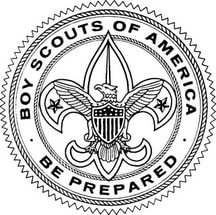
- Backpack and rain cover (garbage bag OK)
- Sleeping bag in a waterproof stuff sack
- Sleeping pad (pillow optional)
- Personal first aid kit
- Two water bottles – minimum 2 liters total
- Two small flashlights
- Scoop and toilet paper
- Mess Kit (bowl, cup, utensils)
- Light towel and/or bandanna
- Sunglasses
- Carabiner
- Emergency Food
- Personal Items (Toothbrush, soap, glasses, contact solution, medicines)
Emergency Kit in a bag: compass, pocket knife, sunscreen, chap stick, signaling devices (whistle and mirror), paper and pencil, map in a waterproof bag, matches in a waterproof bag, water purifier tablets, duct tape, insect repellent, two zip lock bags, two garbage bags
Nice to Have: Walking Sticks, Chair, Waterproof Watch, Camera, Mosquito Hat, Wire Saw, Spices for food, Fishing Pole
6. Play game: read the situation and say what do you need (Situation… So, I need….)
- situation: it’s raining
- it’s dark and you got lost
- the weather is sunny and hot
- you go to toilet (you have to pee)
- it’s raining, you’ve got a paper map
- you’are near the river, without food
- there are mosquitos
- you’ve found really awesome place - and you see a real deer
- you’re thirsty without pure water. But there is a puddle
- you’ve got a picnic
- you’re going to have a snack - your hands are dirty
- in the morning …
- you’ve met a bear
- you spend the night in the woods
- you need to find North
- you need to build a fire
- You have torn the bag
- in the forest there are many snakes looking like sticks
- you have a sunburn.
- You have sunstroke.
- After a picnic there is a lot of garbage.
7. Draw a map of your camp (Optional)
8. Game - find the traces
For teachers
Мандала после текста о Робинзоне. ЕЕ можно использовать для анализа текста. Например - 6 частей мандалы соответствует 6 частям текста. Дети раскрасят части в те цвета, какие считают отражающими содержание текста. И подписать ключевые слова - как уточнение почему они выбрали этот цвет.
Игра: найди следы.
Пример:
Наш вариант:
every match found
every button found
birds tracks
broken window



Большой труд!! Многое можно взять для себя
ОтветитьУдалить